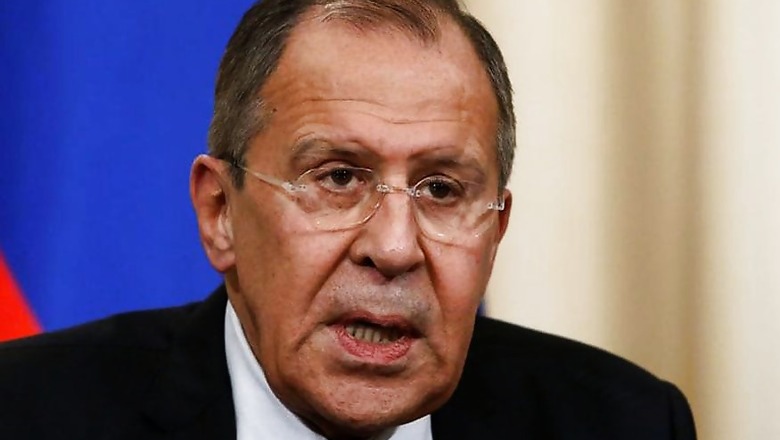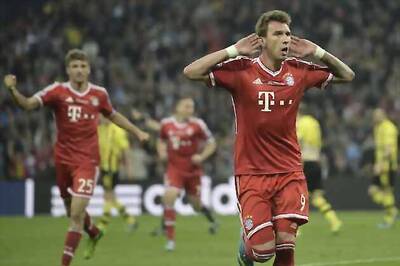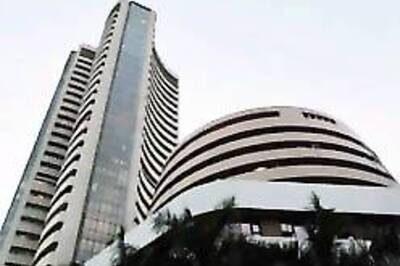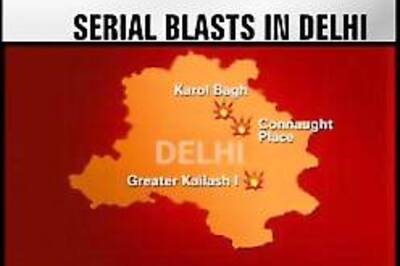
views
Lisbon: Russian Foreign Minister Sergei Lavrov on Saturday mocked the "intellectual capacities" of Britain's army chief for calling Russia a bigger threat than the Islamic State group.
"In regards to the words from Britain's chief of the general staff, we can't stop someone from showing what his intellectual capacities are," Lavrov said through an interpreter at a media conference in Portugal.
"I've already heard a lot of statements like this from the United Kingdom's defence minister," he said. "We can't influence British government decisions on the people tasked with running their armed forces."
Lavrov's acerbity was in response to General Mark Carleton-Smith, the head of Britain's army, telling The Daily Telegraph newspaper: "Russia today indisputably represents a far greater threat to our national security than Islamic extremist threats such as Al-Qaeda and (IS)."
Carleton-Smith said that "Russia has embarked on a systematic effort to explore and exploit Western vulnerabilities, particularly in some of the non-traditional areas of cyber, space, undersea warfare."
Lavrov, speaking after a meeting with Portugal's president, said such criticisms were not "original".
He claimed that former US president Barack Obama had "placed Russia on the same level as the Ebola virus" in a speech to the UN General Assembly.
That appeared a reference to a September 24, 2014 speech Obama made in which he spoke of Russia's threat to the "post-war order" notably through its actions in Ukraine, where a Russia-backed insurgency is being waged. He then went on to speak of US efforts to help contain an Ebola outbreak, without any mention of Russia.
UK-Russia tensions
Relations between Russia and Britain have sunk to historic lows this year after London accused Russia's military intelligence service of using a banned nerve agent to poison an ex-Russian spy, Sergei Skripal, and his daughter Yulia in the English city of Salisbury in March.
The incident prompted a wave of tit-for-tat diplomatic expulsions between Moscow and the West, as well as a ratcheting up of US sanctions.
Carleton-Smith told Saturday's Daily Telegraph that, following IS battlefield loses in Syria and Iraq, the Western alliance must switch focus to the threat posed by Russia, and do so through NATO.
"We cannot be complacent about the threat Russia poses or leave it uncontested. The most important conventional military response to Russia is the continued capabilities and coherence of the NATO alliance," he said.
It was the first interview by the former special forces commander since becoming Britain's chief of the general staff in June.
He made the comments after visiting British troops deployed in Estonia as part of a NATO battle group intended to deter aggression from neighbouring Russia.


















Comments
0 comment